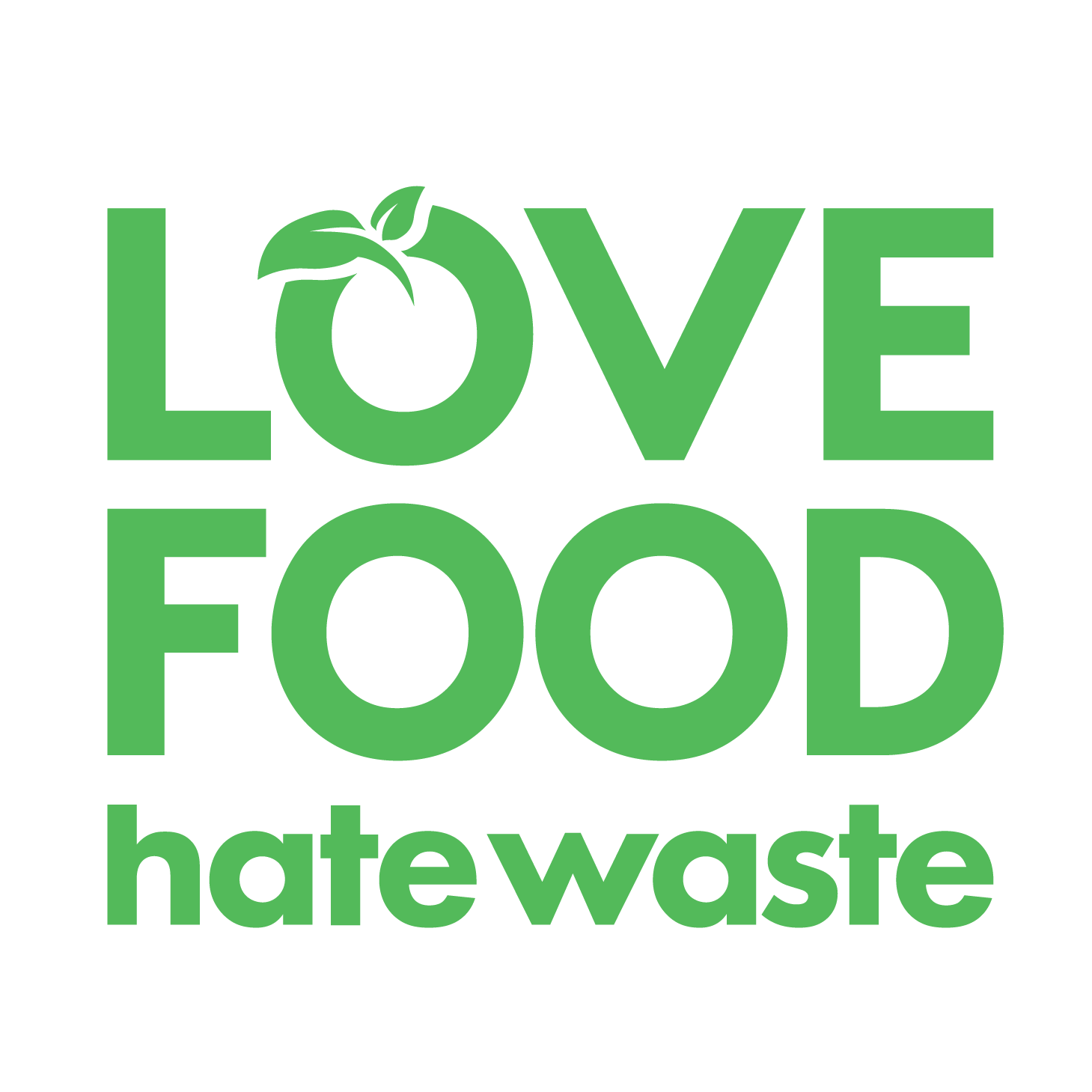Breaking the Grocery Cycle: Save Money and Prevent Waste
Your grocery shopping habits may be costing you more than you think. If you’re like many Canadian shoppers you may unknowingly be in a cycle of routine shopping where you repeatedly stock your kitchen with the same fruits and vegetables, even if they don’t get completely used. This unintentional habit impacts your wallet and contributes to the larger issue of food waste.
In Canada, the top ten fruits and vegetables most frequently purchased include berries, apples, bananas, tomatoes, potatoes, carrots, greens, cucumbers, broccoli, and mushrooms. Unfortunately, these same fruits and vegetables are also the most frequently tossed. Do you ever buy these fruits and veggies out of habit?
If this scenario is familiar, consider breaking the cycle and trying new practices that can save you money and prevent food waste. Here are three strategies to consider:
- Take Stock, Then Buy Only What You Need: Before shopping, meal planning or preparing your grocery list take stock of what you already have in the fridge, freezer and pantry. Use these existing items to create a meal plan. Base your grocery list on the plan and clearly note how much fresh produce you truly need. Buying only what you need is a powerful skill and one that will take some practice. It’s hard not to reach for items you instinctively always add to your cart or to ignore the “Buy More/Save More” deals, but you’ll save money and prevent food waste every time you do. Remember, if it ends up in the trash, it’s not a bargain.
- Organize & Store it Well: While unpacking groceries might not be the highlight of your day, investing an extra five minutes in thoughtful storage can save money and food. Pull older items to the front, portion large items into usable sizes, freeze extras and store fruits and veggies in their optimal conditions – most belong in the fridge (see our A to Z Storage Guide).
- Assess: Regularly inspect your fridge and pantry to catch items before they spoil. Use proactive measures like freezing ingredients, batch cooking, or creating innovative meals with leftovers. Keeping an eye on things can significantly cut down on unnecessary waste.
To support you in breaking the cycle and preventing food waste, we are excited to announce our upcoming Save More, Waste Less Food Challenge. This initiative aims to empower you with practical knowledge and skills to maximize the use of your fruits and vegetables. Register here for your chance to win $500 in groceries but more importantly a chance to make a real impact.
The Challenge will run from February 27 to March 26.
We know breaking habits is hard! That’s why we’re always here to help and inspire your journey. For more inspiration visit www.lovefoodhatewaste.ca or follow us Instagram @lovefoodhatewasteca.


